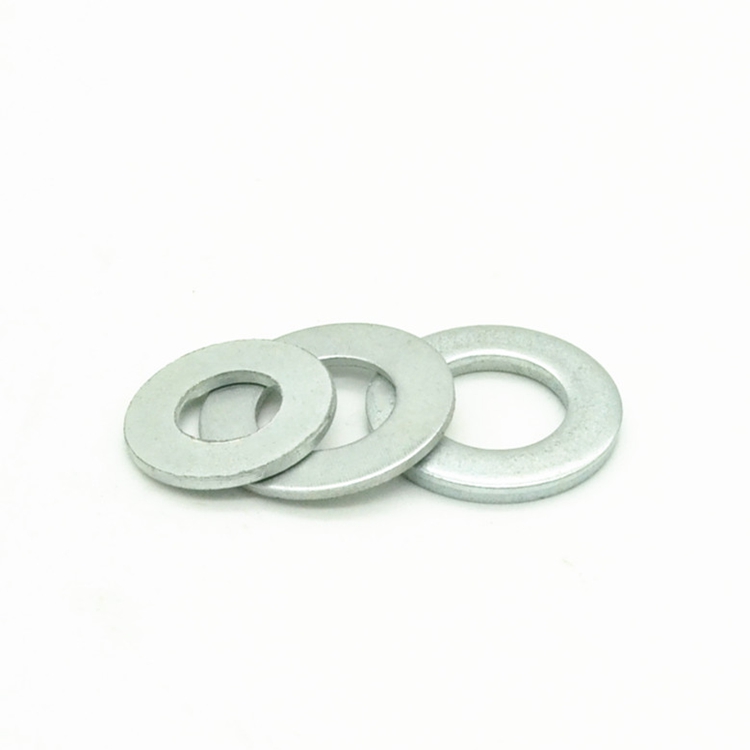1 3 8 stud bolt exporter
Novemba . 13, 2024 19:16 Back to list
1 3 8 stud bolt exporter
The Role of 1% 3% 8% Stud Bolt Exporters in Global Markets
In today’s industrial landscape, the demand for reliable and high-quality fastening solutions is more crucial than ever. Among these solutions, stud bolts have emerged as essential components used across various sectors, including construction, manufacturing, and energy. As global commerce expands, the role of exporters, particularly those dealing with 1% 3% 8% stud bolts, becomes increasingly significant. This article delves into the importance of these exporters and the characteristics of the stud bolts they provide.
Understanding Stud Bolts
Stud bolts are a type of fastener characterized by a cylindrical shape that can be threaded on both ends or one end. They are typically used to connect two or more items, providing a secure and sturdy hold. The specification “1% 3% 8%” often refers to the grades of materials used in the manufacturing of these bolts, reflecting their strength, corrosion resistance, and other properties essential for industrial applications.
1% 3% 8% stud bolts are predominantly made from alloy steels, offering enhanced performance in high-stress environments. These bolts are used in various applications, including pressure vessels, flanged joints, and heavy machinery, where strength and durability are paramount.
Export Market Dynamics
The global market for stud bolts is vast, with demand growing at a steady pace due to industrial expansion. Exporters specializing in 1% 3% 8% stud bolts play a vital role in meeting this demand. They help facilitate the supply of these essential components to regions where local manufacturing may not suffice or where specific grades and qualities are required.
One of the critical aspects of being a successful stud bolt exporter is understanding the international standards and regulations that govern the manufacturing and transport of industrial fasteners. Compliance with standards such as ASTM, ISO, and ASME is mandatory to ensure that the products meet safety and quality benchmarks demanded by global markets.
1 3 8 stud bolt exporter

Quality Assurance and Innovation
Quality assurance is fundamental for exporters of 1% 3% 8% stud bolts. The production process involves rigorous testing and inspection to guarantee that each bolt can withstand the conditions it will face in the field. Exporters often collaborate with manufacturers who implement advanced technologies and methodologies to enhance product quality and reduce defects.
Moreover, innovation plays a critical role in this sector. As industries evolve and the demand for specialized fasteners increases, exporters are continually looking for ways to offer new products that meet emerging needs. This includes the development of corrosion-resistant coatings, advanced threading techniques, and materials that enhance the performance of stud bolts in extreme conditions.
The Importance of Strong Partnerships
To thrive in the competitive landscape of stud bolt exporting, establishing strong relationships with both manufacturers and customers is essential. Exporters must work closely with manufacturers to ensure they fully understand the capabilities and limitations of the products they offer. On the other hand, engaging with customers to understand their specific requirements helps exporters to tailor their offerings effectively.
These partnerships can lead to long-term agreements, which provide stability for both parties and ensure a steady supply of high-quality products to end-users.
Conclusion
In conclusion, the market for 1% 3% 8% stud bolts is a vital component of the global industrial ecosystem. Exporters in this sector contribute significantly to the reliability and advancement of various industries by providing high-quality fastening solutions. Their role is not only to supply products but also to innovate and adapt to the ever-changing needs of the market. As global trade continues to expand, the importance of stud bolt exporters will undoubtedly grow, driving advancements in manufacturing and ensuring that industries have the essential components needed for success.
Latest news
-
High Strength Black & Galvanized Hex Bolts DIN933/931 GB5782/5783
NewsJul.20,2025
-
High-Quality Panel Stud Bolt Reliable Panel Stud Bolt Factory & Suppliers
NewsJul.08,2025
-
High-Precision Fine Thread Locknuts Manufacturer & Supplier Custom Solutions
NewsJul.08,2025
-
PH Imperial Stud Bolt – High Strength Fasteners from Leading Supplier & Factory
NewsJul.07,2025
-
High-Quality Allen Wrench Bolts Leading Factory, Company & Suppliers
NewsJul.07,2025
-
Wholesale Ball Stud Bolt - High Quality Supplier & Factory Price Reliable Wholesale Ball Stud Bolt Company
NewsJul.06,2025
